Fusion-io makes all flash datacentres a reality for the enterprise
Flash memory firm claims new product has already been trialled by Facebook.
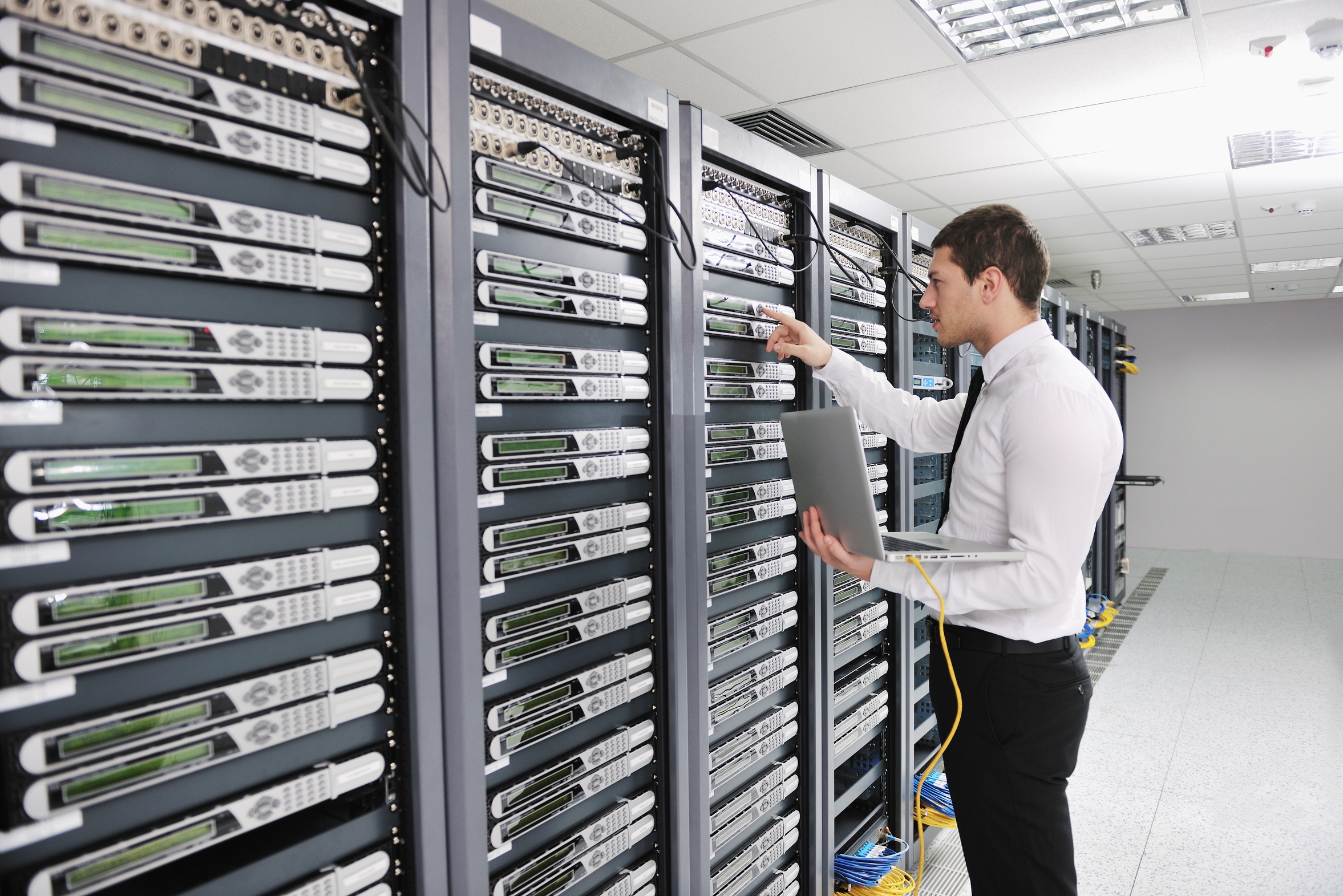
Fusion-io has unveiled a flash-based product that it hopes will replace traditional solid state disk (SSD) and mechanical hard drives in the affections of datacentre owners.
The vendor claims its new flash memory, PCIe-based Fusion ioScale range will lower the cost of building all-flash datacentres. It is being targeted at enterprise firms operating in the hyperscale, cloud and high performance computing markets.
Pricing for the product starts at $3.89 per GB and customers must purchase a minimum of 100 units.
The benefits of flash against mechanical hard drives are so dramatic, there really is no competition.
Prior to release, the technology was trialled by social networking giant Facebook, who the company hailed as a keen adopter of flash technology.
Speaking to IT Pro, David Flynn, CEO of Fusion-io, said few firms in the hyperscale market have adopted flash to the same degree as Facebook.
"We have done a lot of business with those guys...[which has allowed us to] perfect the product for that marketplace," he said.
Get the ITPro daily newsletter
Sign up today and you will receive a free copy of our Future Focus 2025 report - the leading guidance on AI, cybersecurity and other IT challenges as per 700+ senior executives
"But, we want more customers to have access [to this type of technology] and this is why there is just a minimum order quantity of 100," Flynn added.
For companies like Facebook, the product offers them a host of operational benefits, said Flynn, especially ones that use it to replace SSD and HDDs in their datacentres.
"The benefits of flash against mechanical [hard drives] are so dramatic, there really is no competition," said Flynn.
"It takes about eight SSDs to match the capacity of an ioScale. When you add in a RAID controller [to aggregate the SSDs] on top, you have nine failure points."
As a result, the company claims ioScale is more reliable, less costly, offers better performance and takes up less space in a datacentre than SSD and mechanical disk drives.
Gary Orenstein, senior vice president of products at Fusion-io, explained to IT Pro: "From a datacentre perspective, [one of the main benefits] is the dramatic savings that start with moving to a more reliable server that requires less power, cooling and allows you to build a smaller datacentre."
-
 The UK government wants quantum technology out of the lab and in the hands of enterprises
The UK government wants quantum technology out of the lab and in the hands of enterprisesNews The UK government has unveiled plans to invest £121 million in quantum computing projects in an effort to drive real-world applications and adoption rates.
By Emma Woollacott Published
-
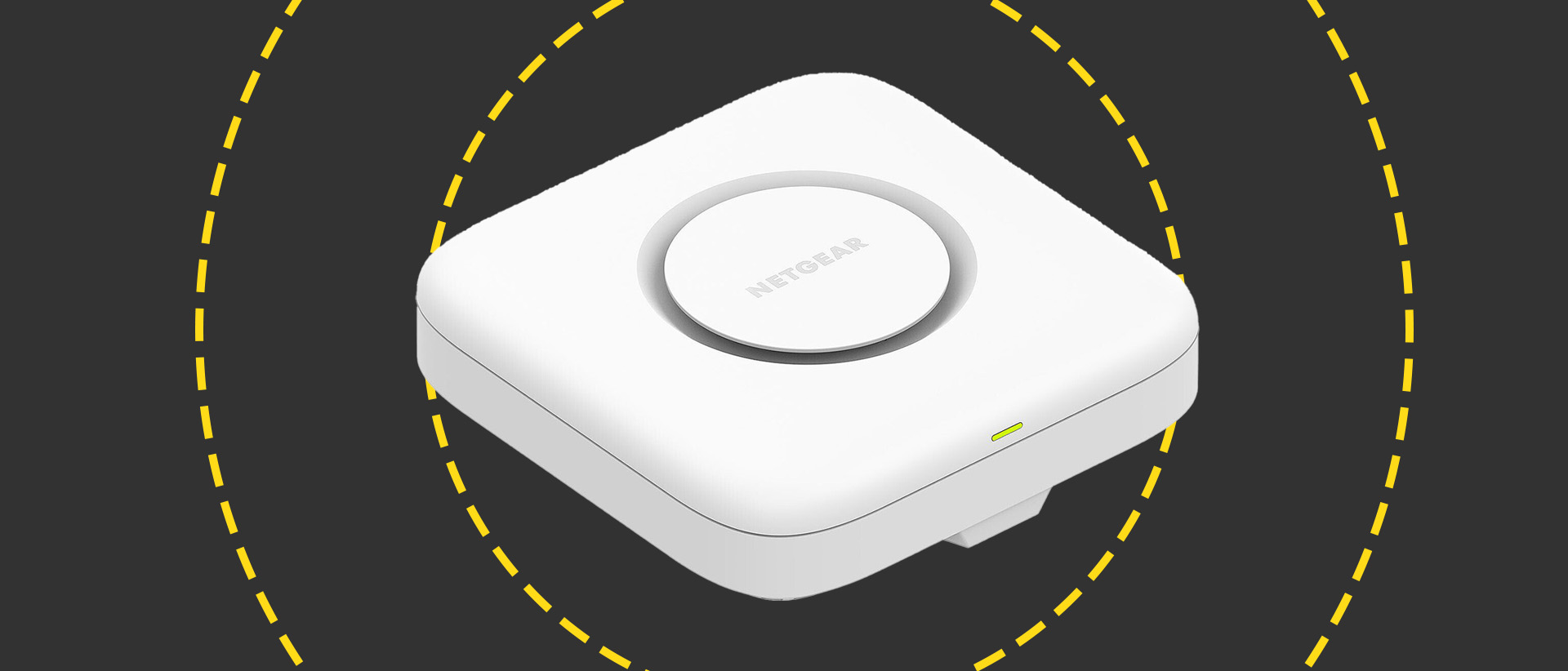 Netgear WBE710 review
Netgear WBE710 reviewReviews The compact WBE710 delivers great cloud management features and a good turn of Wi-Fi 7 speed – but it does have a premium price tag
By Dave Mitchell Published
-
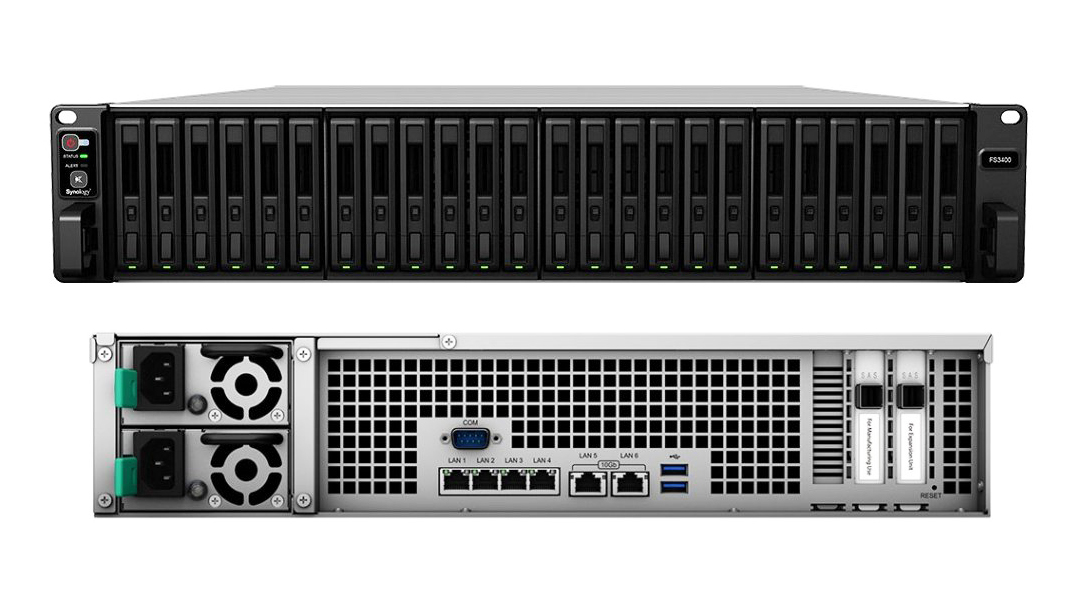 Synology FlashStation FS3400: Same old, same old
Synology FlashStation FS3400: Same old, same oldReviews Synology’s latest SMB all-Flash appliance gets a rebadge but no upgrade
By Dave Mitchell Published
-
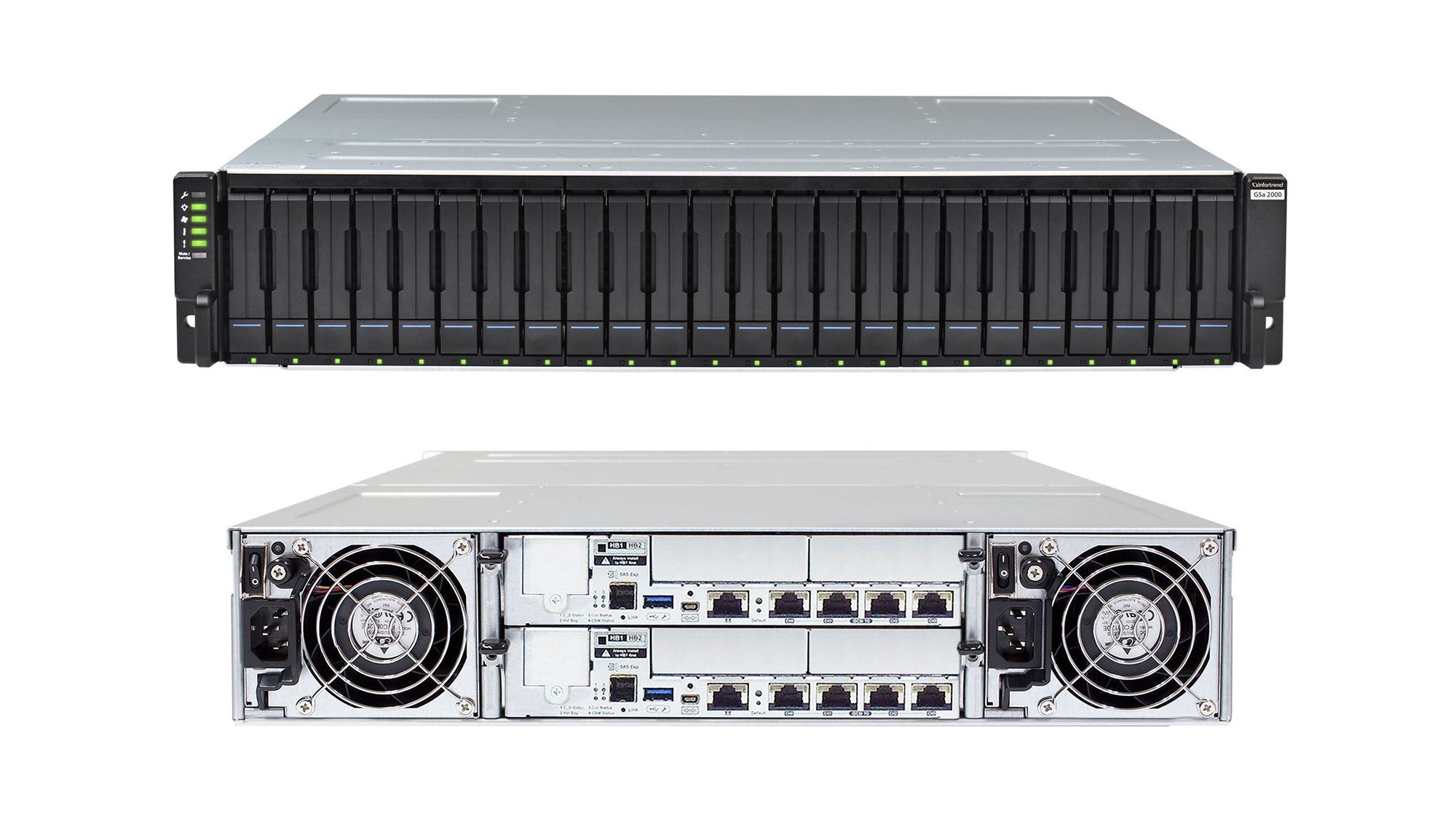
 Infortrend EonStor GSa 2024RC review: The all-Flash host with the most
Infortrend EonStor GSa 2024RC review: The all-Flash host with the mostReviews Infortrend shows the blue-chips how it’s done
By Dave Mitchell Published
-
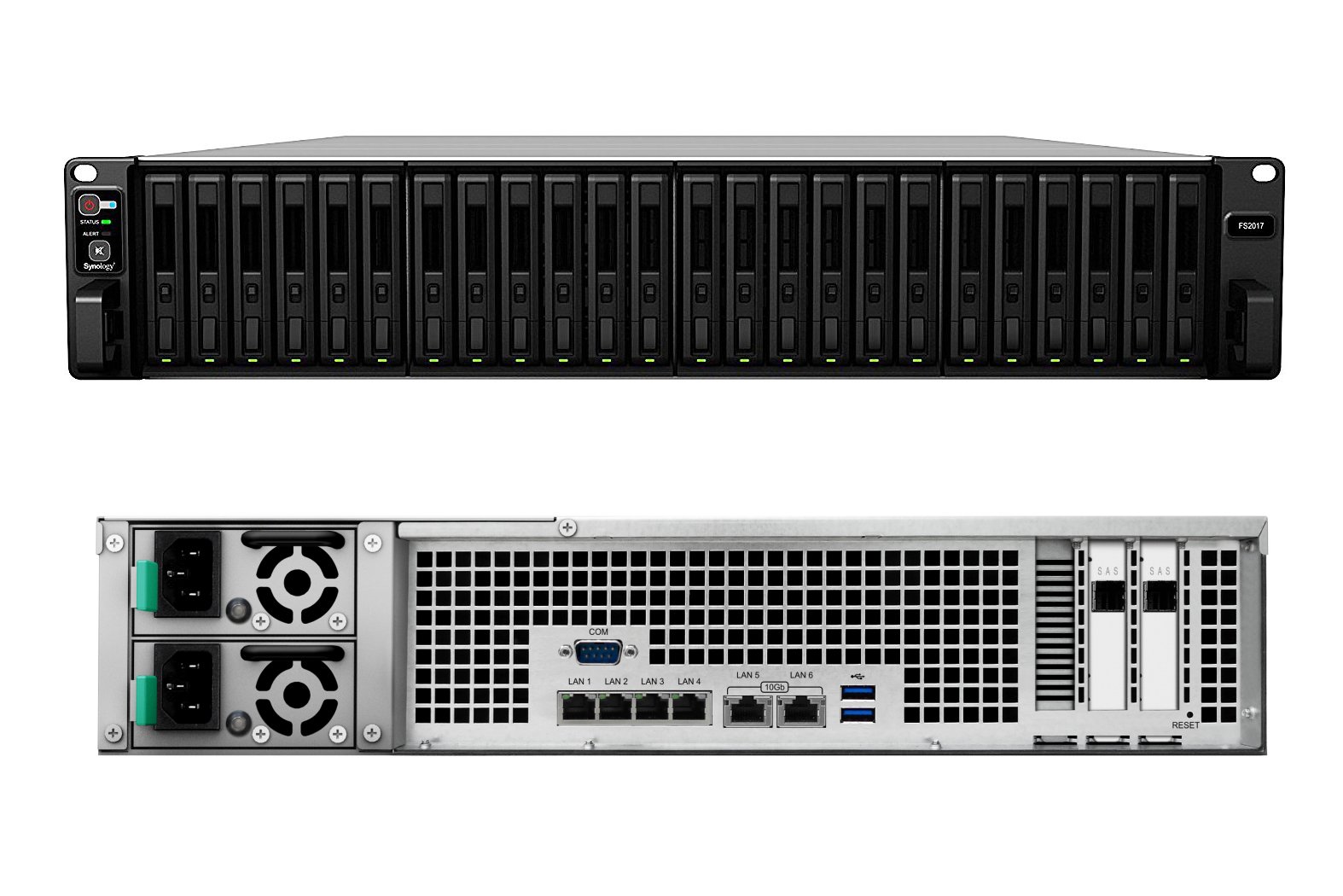 Synology FlashStation FS2017
Synology FlashStation FS2017Reviews Synology’s FS2017 brings all-flash storage down to a price point SMBs will like
By Dave Mitchell Published
-
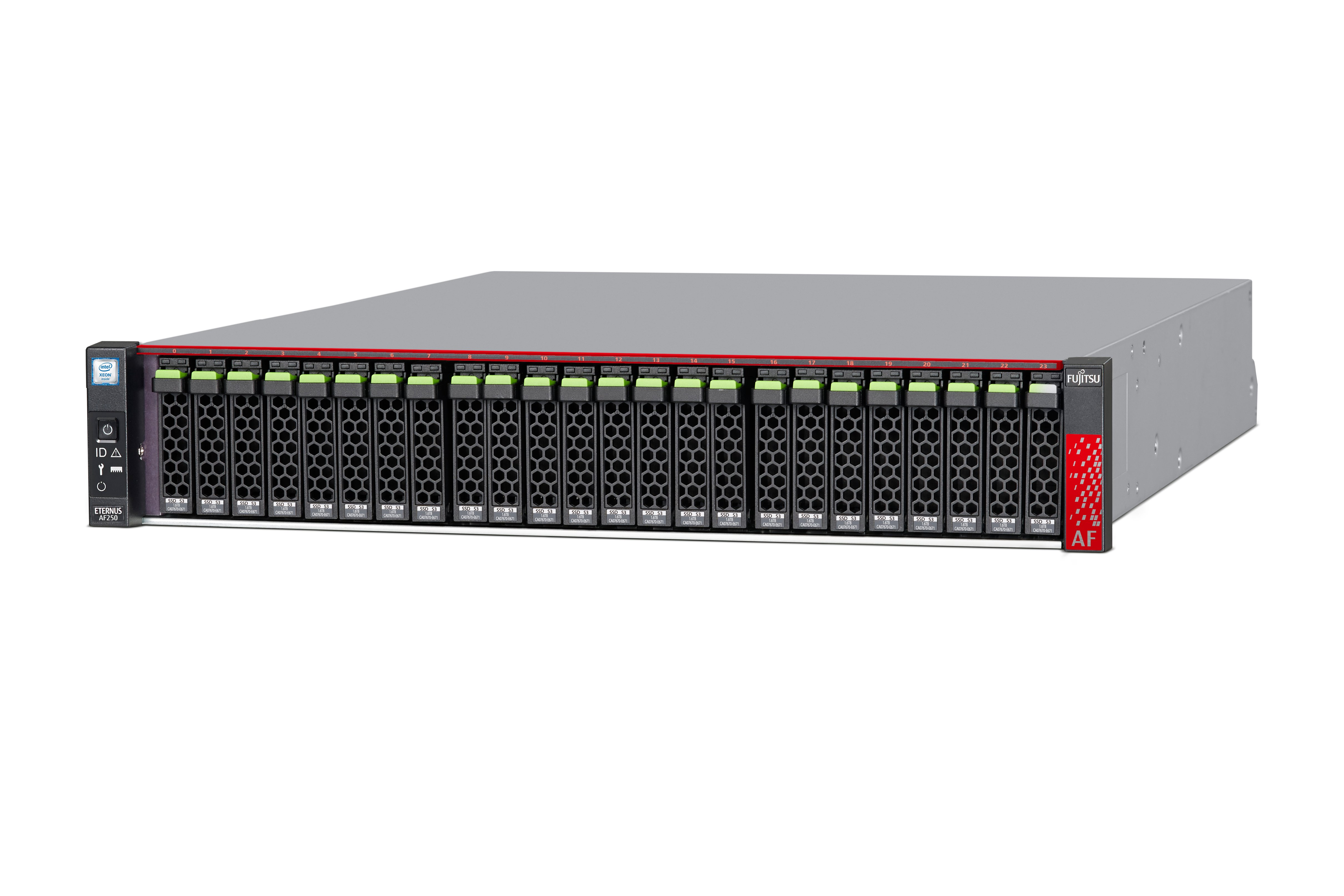
 Fujitsu Storage Eternus AF250
Fujitsu Storage Eternus AF250Reviews Exclusive: Fujitsu brings the price of all-flash storage to an all-time low
By Dave Mitchell Published
-
Waitrose chooses Pure Storage to reduce datacentre footprint
News Flash storage solution promises speed and storage boost for supermarket demand forecasting application
By Clare Hopping Published
-
 MWC 2014 news & reviews roundup: Everything you need to know
MWC 2014 news & reviews roundup: Everything you need to knowIn-depth As MWC 2014 draws to a close, we take a look back over the big announcements from Samsung, Nokia, Mozilla and others...
By Kyle Nazario Published
-
 EMC accuses former staff of taking trade secrets to rival Pure Storage
EMC accuses former staff of taking trade secrets to rival Pure StorageNews Storage giant sues former employees that have left to work for competitor.
By Caroline Donnelly Published
-
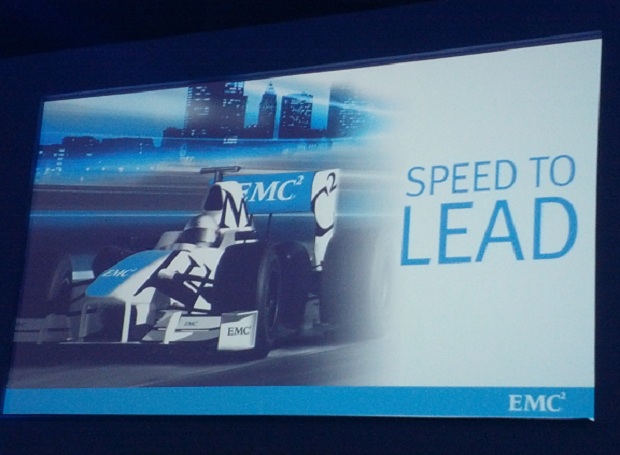 EMC treats VNX range to a Flash storage injection
EMC treats VNX range to a Flash storage injectionNews Storage giant uses Speed2Lead event to announce arrival of new Flash-optimised storage arrays.
By Caroline Donnelly Published